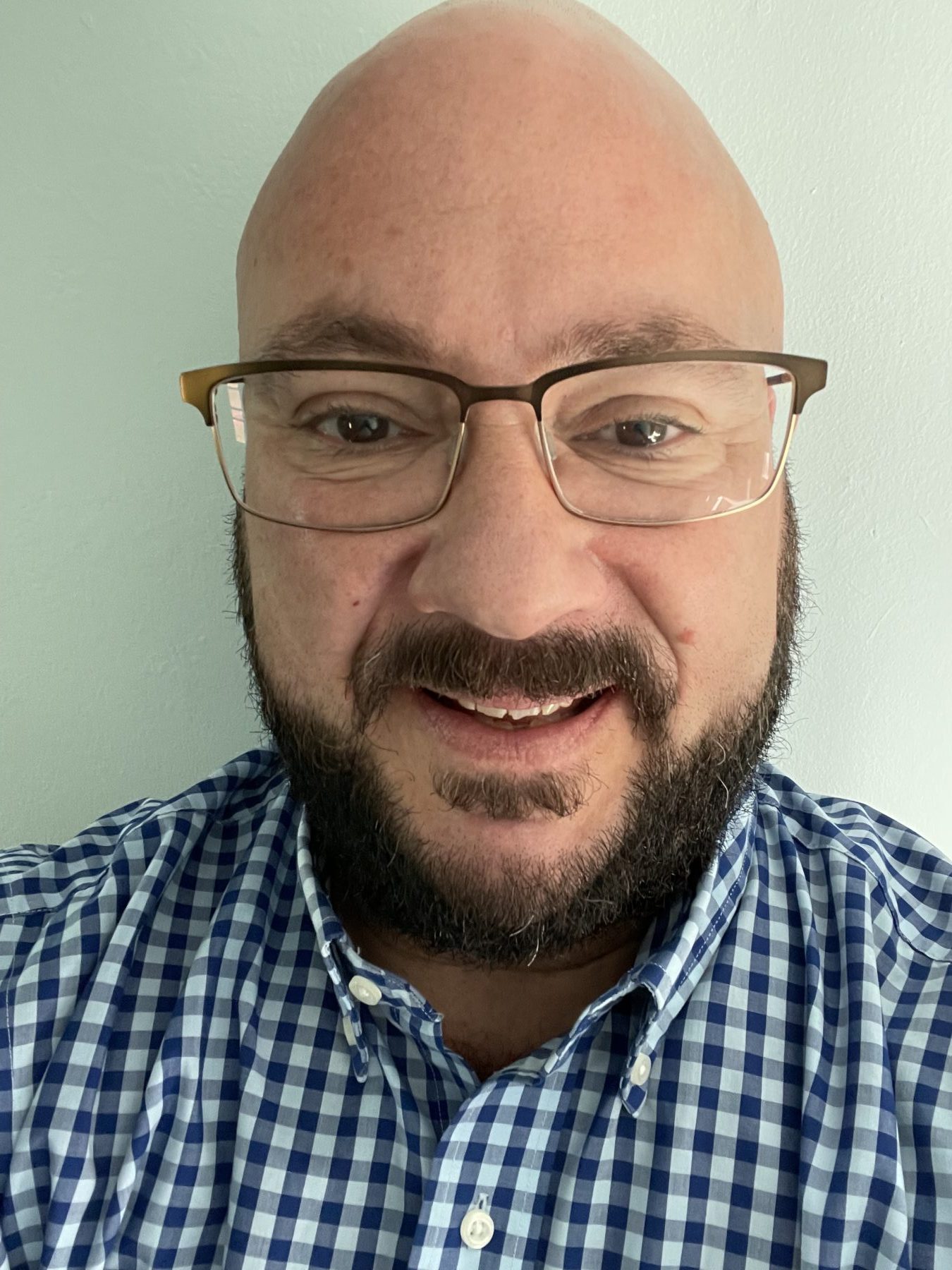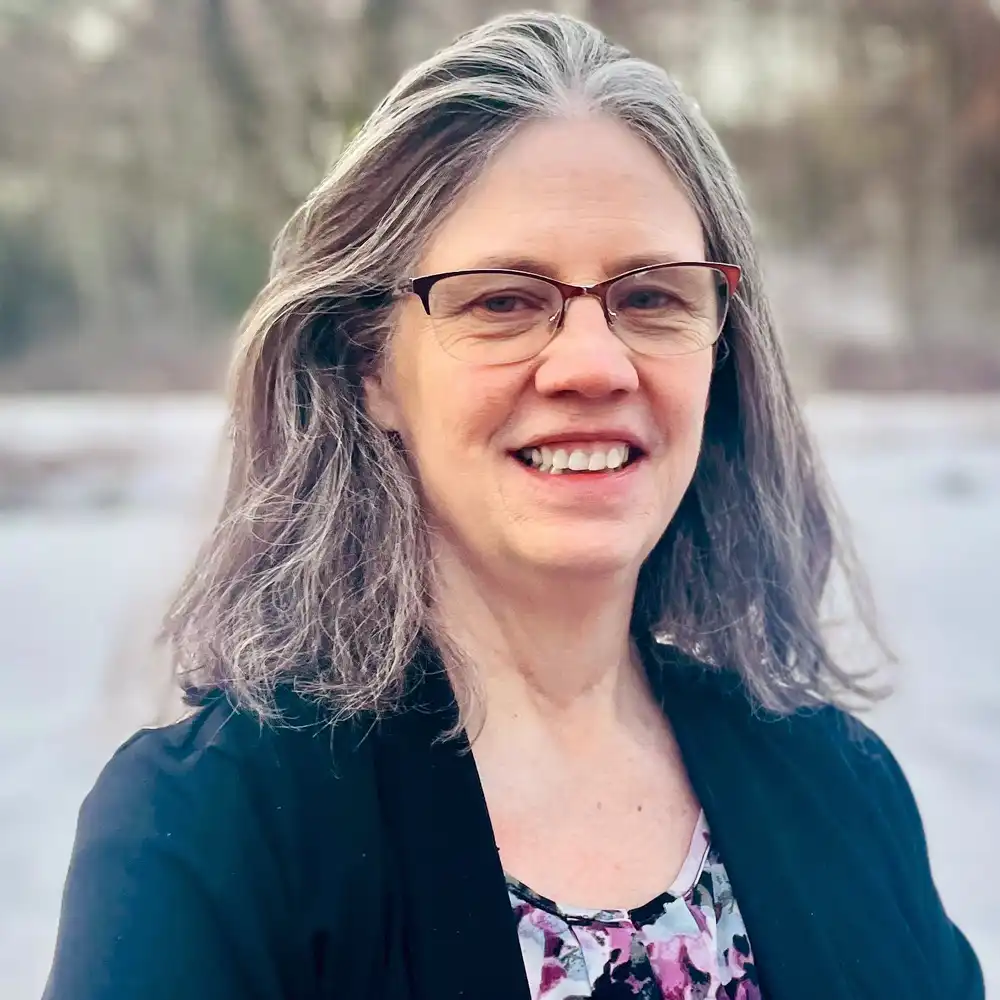Residents’ Rights Month is celebrated each October and is designated by the National Consumer Voice for Quality Long-Term Care to highlight residents living in all long-term care settings. This year’s Residents’ Rights Month theme, Inspiring Unity Within Our Community, emphasizes the importance of fostering meaningful community within the facility and encouraging residents’ connection to their local community.
What’s in a “right”? According to the Legal Information Institute at Cornell Law School, a right can be defined as “A power or privilege held by the general public as the result of a constitution, statute, regulation, judicial precedent, or other type of law.”
In considering the rights of individuals living in nursing homes and rest homes, it is important to recognize that, regardless of the length of their stay, residents are guaranteed the same rights they would enjoy if they were living in the community.
In considering the rights of individuals living in nursing homes and rest homes, it is important to recognize that, regardless of the length of their stay, residents are guaranteed the same rights they would enjoy if they were living in the community. In addition, residents hold special rights that are promised by federal and state laws and regulations. The federal Nursing Home Reform Law of 1987 is the backbone of Residents’ Rights and endeavors to ensure quality of life and quality of care for each resident.
During Residents’ Rights Month, the Long-Term Care Ombudsman program at LifePath recognizes our local Long-Term Care Ombudsman Program Volunteers, who work to promote residents’ rights and assist residents with complaints. We also give special recognition to the work of thousands of individuals who collaborate daily to help assure that dignity, privacy, and other basic human rights—often taken for granted in the community—are maintained as an integral part of the lives of residents living in long-term care settings.
The Ombudsman program at LifePath serves residents living in four nursing homes and two rest homes located in Franklin County and the North Quabbin region. If you are a resident living in a long-term care facility, or a friend, family member, or substitute decision maker for an individual living in long-term care, you may have questions or concerns about care, Residents’ Rights, quality of life, or choosing a facility. If so, please reach out to the Long-Term Care Ombudsman Program Director, Trevor Boeding, MPH, at (413) 773-5555, Ext. 2241. All conversations with Ombudsmen are confidential. The resident alone holds the right to determine whether they would like the Ombudsman to advocate on their behalf.
According to the Administration for Community Living, someone turning age 65 today has almost a 70% chance of needing some type of long-term care services and supports in their remaining years, and 20% will need it for longer than 5 years. Yet a poll conducted in 2021 by the John A. Hartford Foundation revealed that 71% of older adults are reluctant to live in a nursing home in the future and nearly 50% of older adults are very unwilling to live in a nursing home in the future. A whopping 84% of older adults say significant changes are needed in nursing homes. In these statistics, this Ombudsman sees much opportunity for community members to unite together with long-term care residents to cultivate the changes they envision.
There are many ways to help ensure that the rights of long-term care residents are respected and upheld. Legislative advocacy is one route. Currently, the Joint Committee on Elder Affairs is sponsoring a number of bills related to nursing homes, including S414/H727–An Act to ensure quality of care in nursing homes. You may choose to contact Senator Pat Jehlen (Patricia.Jehlen@masenate.gov, 617-722-1578) or Representative Tom Stanley (Thomas.Stanley@mahouse.gov, 617-722-2810) to urge favorable action on S414 and other bills that would improve the quality of nursing homes. You may also want to contact your own legislators to express your support.
An Act relative to small house nursing homes, Bill S348, calls for the establishment of regulations for the operation of small house nursing homes in MA, defined as one or more units of a nursing home designed and modeled as a private home including residential kitchen and living area. Nursing homes that utilize a small house model are more resident-centered by design and tend to be homier than traditional nursing homes. Studies have illustrated fewer infection control issues in small homes than in traditional nursing homes. The title of this article published in Journal of the American Medical Directors Association speaks volumes: “Nontraditional small house nursing homes have fewer COVID-19 cases and deaths.”
To learn more about issues in long-term care at the systems level and/or participate in systemic advocacy, you may want to look into Massachusetts Advocates for Nursing Home Reform (MANHR) and Dignity Alliance Massachusetts (DAM). MANHR is a statewide consumer group advocating for public policies that support quality care and the best attainable quality of life for Massachusetts nursing home residents. Dignity Alliance Massachusetts, a grass-roots coalition of aging and disability service and advocacy organizations and supporters, convenes a Facilities Work Group, whose members address quality of care and quality of life issues affecting long-term care residents.
As LifePath celebrates Residents’ Rights, I encourage community members to connect with those they know who live in long-term care facilities, participate in Residents’ Rights Month events, or inquire about becoming a volunteer Long-Term Care Ombudsman. Your attention helps to ensure that the voices of long-term care residents do not go unheard and demonstrates to residents that they are not forgotten.
The Ombudsman program at LifePath is funded by the Massachusetts Executive Office of Aging & Independence and the Massachusetts Executive Office of Health and Human Services.





